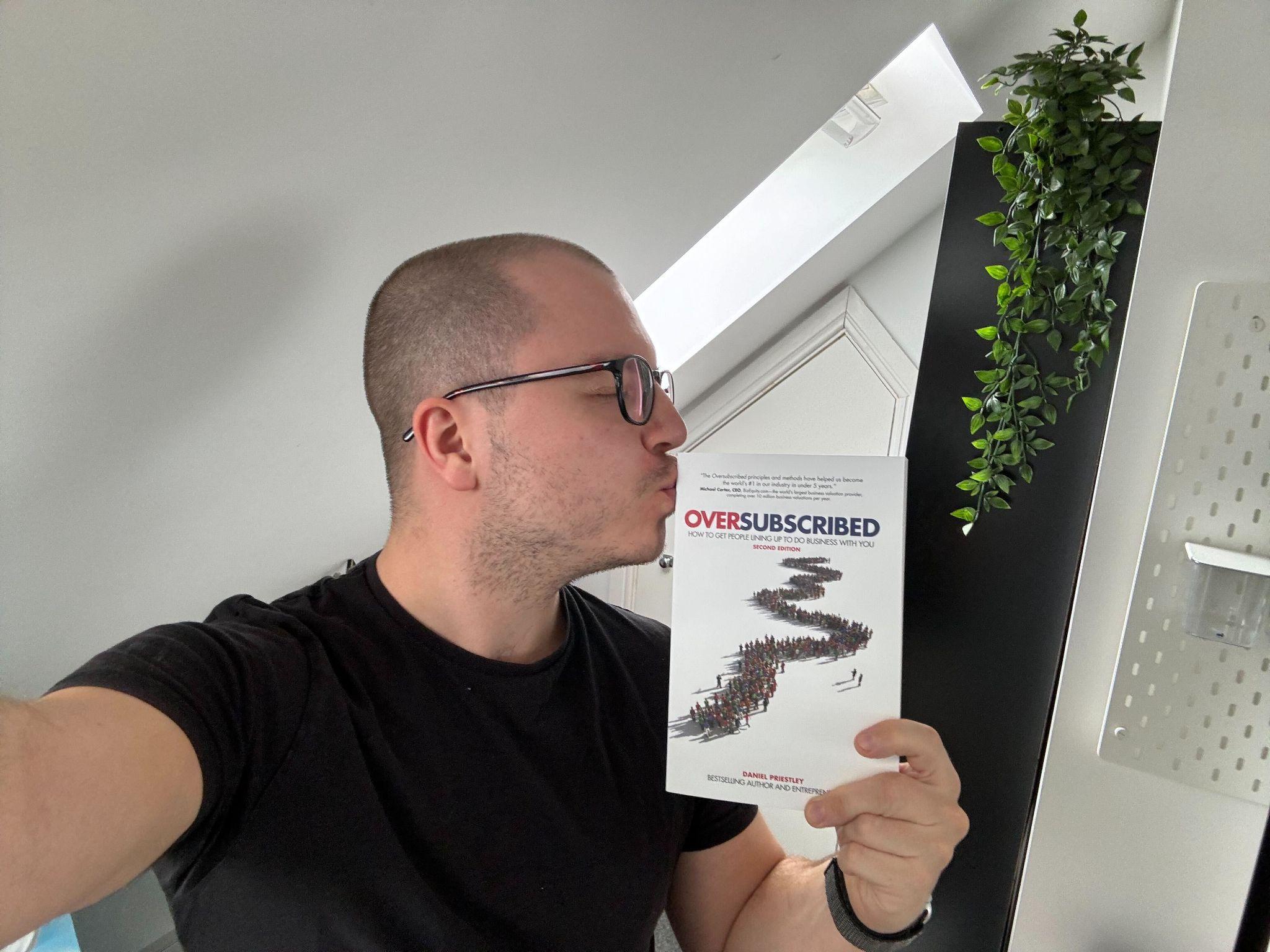
What are the best marketing books?
To find out, I asked 26 marketers (from Ahrefs and elsewhere) to recommend a book that influenced their marketing work.
Here are their recommendations:
Author: Daniel Priestley
First published: 2015
Recommended by: Joshua Hardwick
Here’s why Joshua recommends this book:
“It’s one of those books where the lessons seem obvious in hindsight. You’re reading it thinking “ohhh…. Obviously! Why didn’t I think of that before.”
For example, one of the key lessons is that you need to know your business’s capacity (how many clients/customers you can serve), then create more demand for your offering than that. In this way, you will always be ‘oversubscribed’ and will be able to pick and choose who you want to work with. It also gives super actionable advice rather than theoretical mumbo jumbo. Daniel literally explains how to build demand for your business in ways you can actually put into practice.”
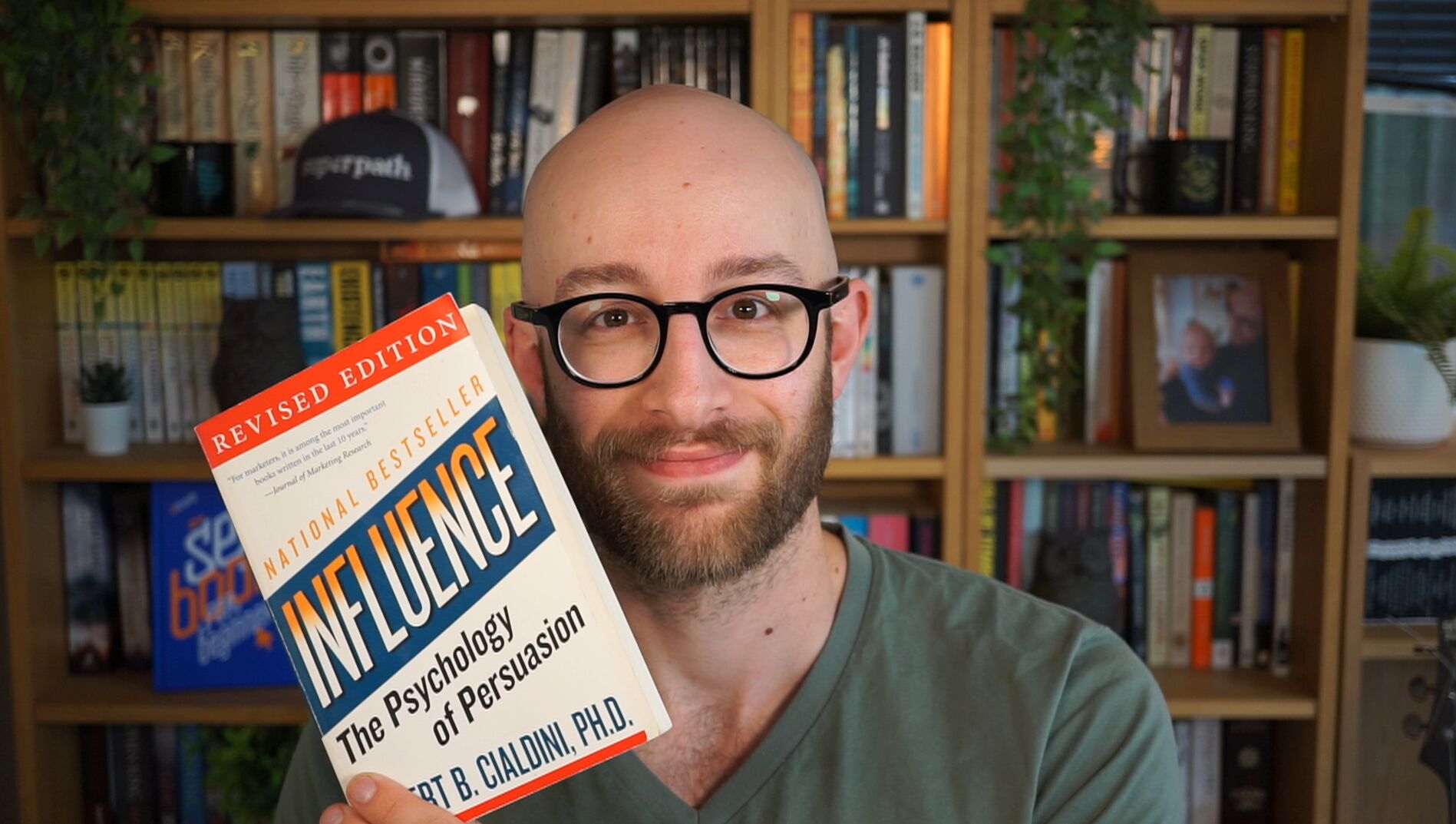
Author: Robert B. Cialdini
First published: 1984
Recommended by: Ryan Law, Nick Churick
Here’s why Ryan and Nick recommend this book:
“I think ‘persuasion’ is the ultimate goal of everything we do in content marketing. We want people to believe in our opinions, trust in our judgment, and assume that the methods and processes we share actually work. However, most content marketers are scared to actively persuade people and to try to advocate for their ideas. They end up usually just dumping rote information on the page in a take-it-or-leave-it kind of way.
Influence is a classic for a very good reason: It talks through six different tools in the persuasion toolkit (reciprocity, scarcity, authority, commitment and consistency, liking, and consensus) and shows how real people apply them in everyday life. It’s very easy to turn the book’s ideas into better marketing.”
“Because marketing equals understanding people, predicting their behavior and influencing it, which is basically psychology.”
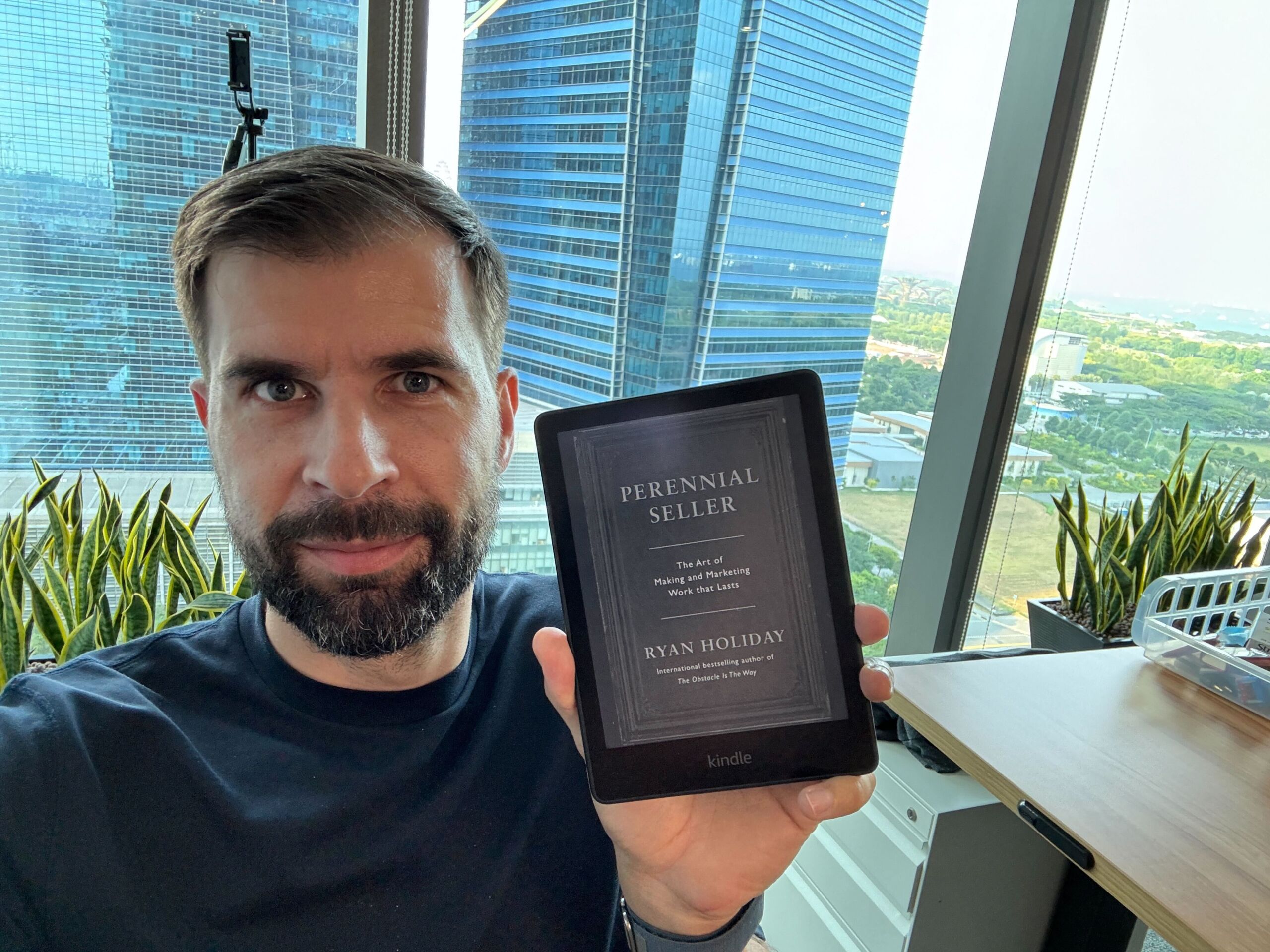
Author: Ryan Holiday
First published: 2017
Recommended by: Tim Soulo
Here’s why Tim recommends this book:
“Perennial Seller explains what it takes to create notable work that will stand the test of time. Instead of giving readers any tricks, hacks, or loopholes to exploit, it highlights the importance of fundamentals like doing hard things, understanding your audience, building a dedicated following, developing relationships, and more.”
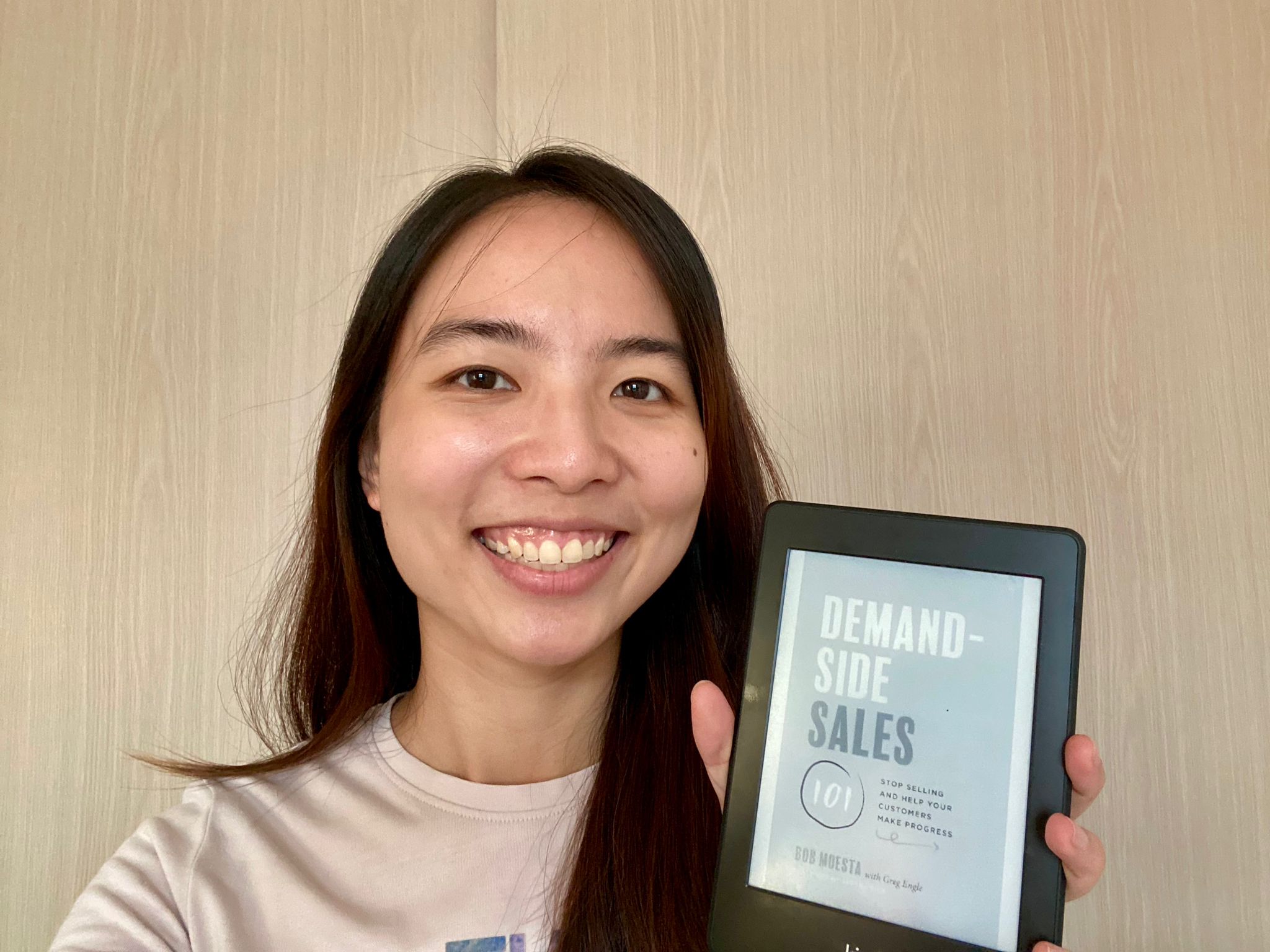
Author: Bob Moesta, Greg Engle
First published: 2020
Recommended by: Audrey Liu
Here’s why Audrey recommends this book:
“Marketing fundamentally is about connecting the product to users and helping them transform and reach their ideal state. This book provides a framework on how to go about mapping your customer journey, from first thought, passive looking to actively looking, deciding and buying. And the push and pull people experience when they’re buying.”
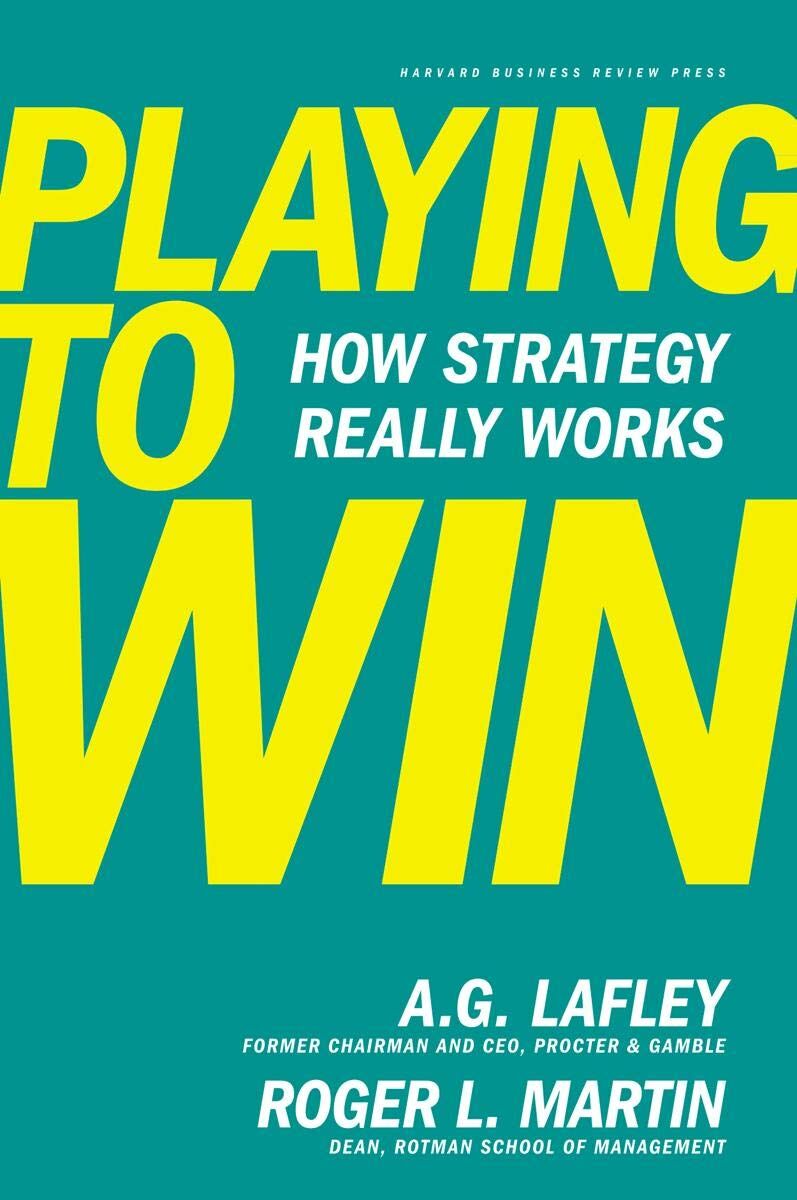
Author: A.G. Lafley, Roger L. Martin
First published: 2013
Recommended by: Ruoshan Tao
Here’s why Ruoshan recommends this book:
“This book changed my life. It was the first thing that I read which properly clarified my thinking on strategy. It’s a super simple framework that’s applicable to most businesses, written in a layman-friendly way. I also liked a lot of the examples, which were entertaining to read. It also wasn’t annoyingly repetitive like a lot of other business books.”
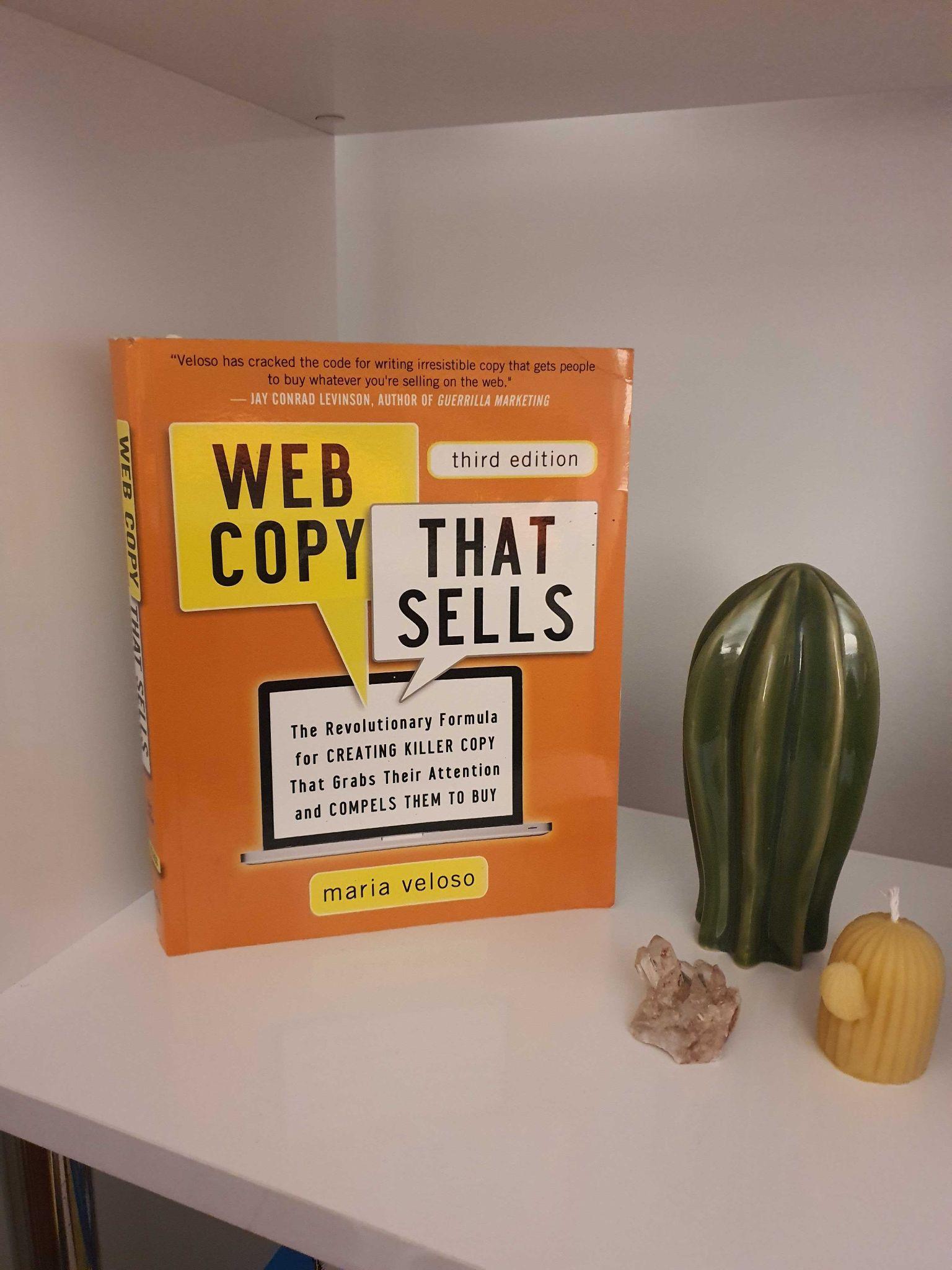
Author: Maria Veloso
First published: 2013
Recommended by: Despina Gavoyannis
Here’s why Despina recommends this book:
“Copywriting skills are the foundation of all marketing. No matter what platform or channel you’re marketing on, the words you use matter. This book gives you the fundamentals needed to make an impact with content.”
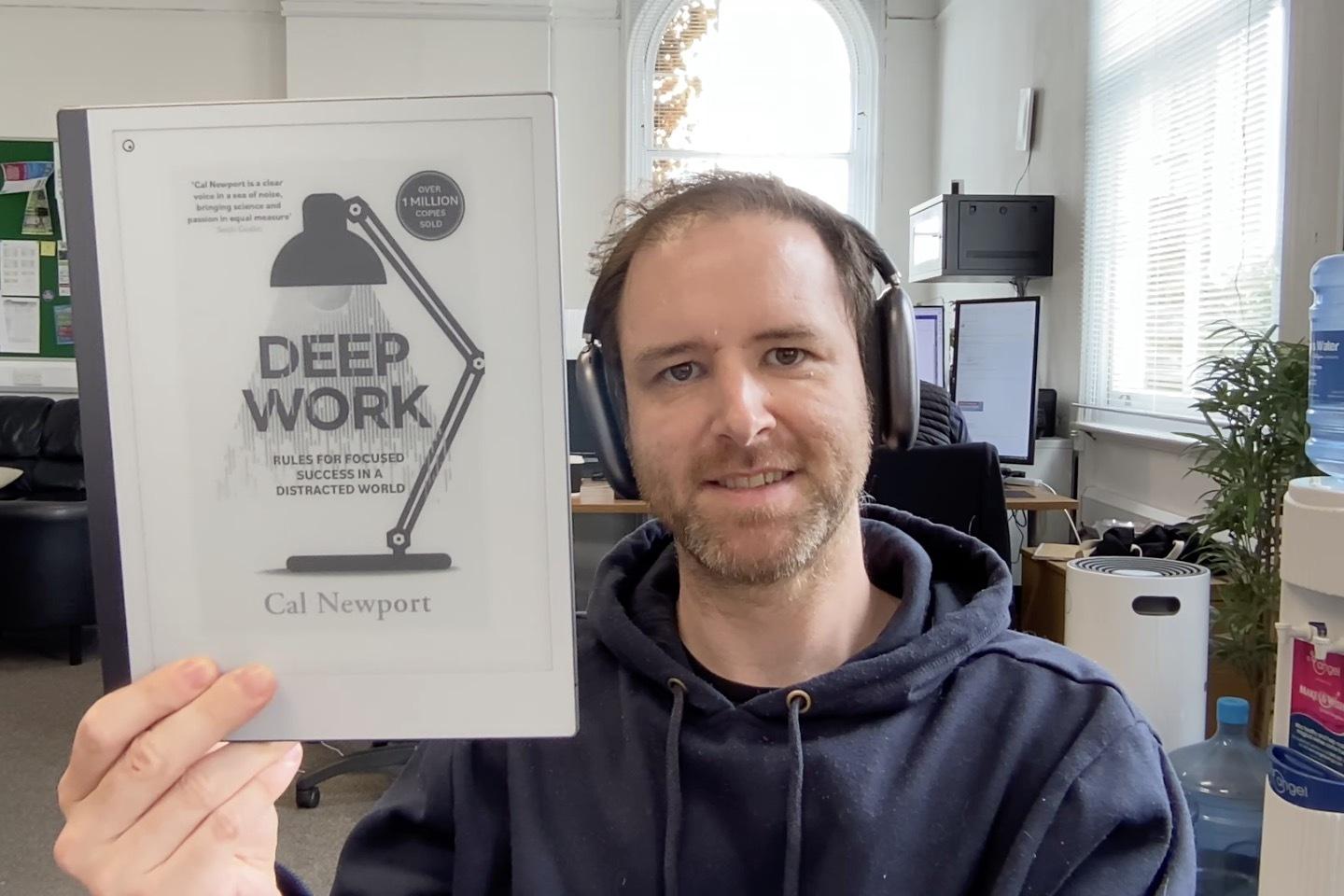
Author: Cal Newport
First published: 2016
Recommended by: Chris Haines
Here’s why Chris recommends this book:
“The marketing world can be a noisy environment. This book reminded me that to cut through the noise, you need to practice “deep work” and focus on creating work that can’t easily be created if you want to stand out. I applied this to a number of my posts at Ahrefs and started running more polls on social media and interviewing people to get more unique and original insights from the SEO community.
I feel this book is relevant for marketers, because we can easily get distracted by the latest shiny thing and lose sight of the big picture of what we’re working on. This book is a reminder to focus on the things that matter.”

Author: Jeremie Kubicek, Steve Cockram
First published: 2015
Recommended by: Robert Lai (Chief Executive Officer, Kaliber)
Here’s why Robert recommends this book:
“I recommend this book because it walks you through the reasons why at times we’re not as effective as we’d like to be and how some of our practices may be taking us further away from our targets, despite working extremely hard towards them.
Similar to a car, our 5th gear is where we find ourselves working 100km/hour. However, when driving at that speed, we miss the small details. Those small details as it relates to things like performance marketing could be qualitative details of our campaigns or zooming in too closely to our cost per leads, as opposed to assessing the other promising benefits like driving awareness.
Working in high gear doesn’t allow us to be creative or think qualitatively, which are also important aspects of an effective marketer. Manage your mind and you’ll extract more from your days!”
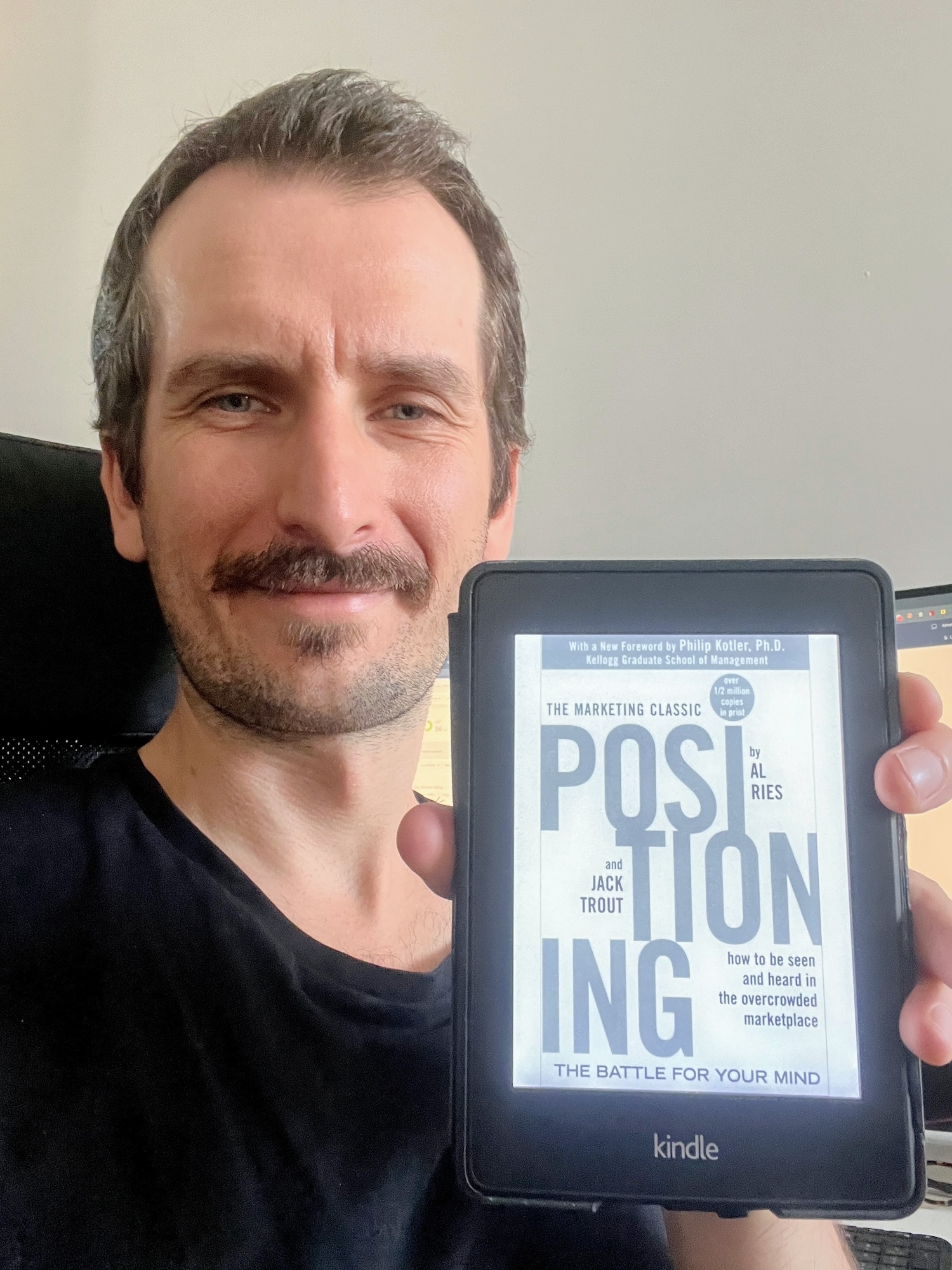
Author: Al Ries, Jack Trout
First published: 1980
Recommended by: Andrei Țiț, Mateusz Makosiewicz
Here’s why Andrei and Mateusz recommend this book:
“This is a mandatory read for product marketers. First principles type of book. Positioning is winning a place in the customer’s mind, which is often portrayed as a “ladder”. Conversely, the opposite is true. Positioning is a zero-sum game, where one known brand needs to get out of the “mind ladder” for a new one to get in.”
“If marketing is about one thing, it’s about perception, and this book is perception management 101.”
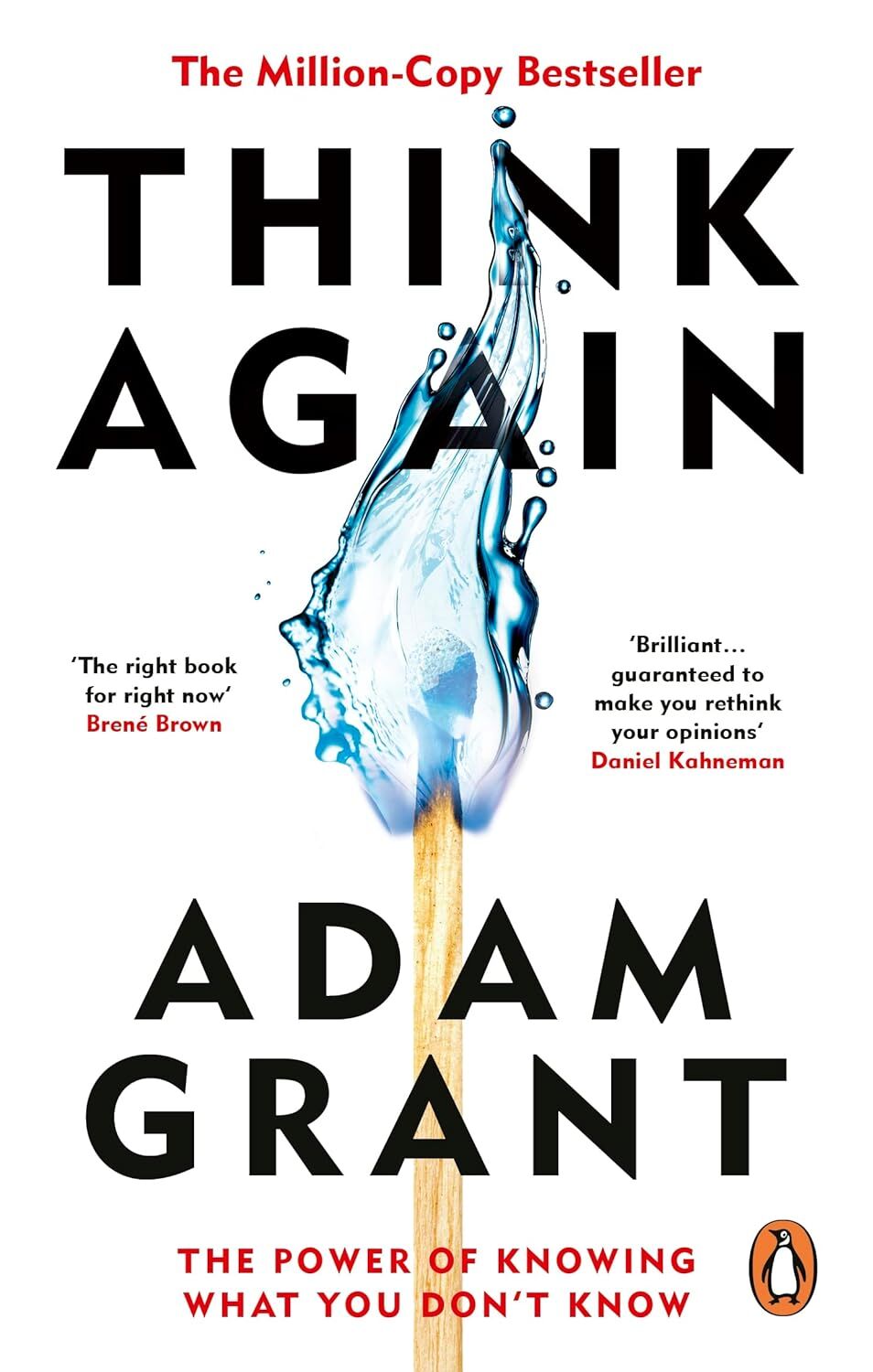
Author: Adam Grant
First published: 2021
Recommended by: Delbert Ty
Here’s why Delbert recommends this book:
“Great book in helping you question existing biases. As a marketer, you should always question and think like a scientist running experiments. It’s easy to get stuck in a certain way of thinking because that’s how it’s always been. As a scientist, you approach things with intellectual honesty and curiosity. That’s how you accrue knowledge as a marketer.”
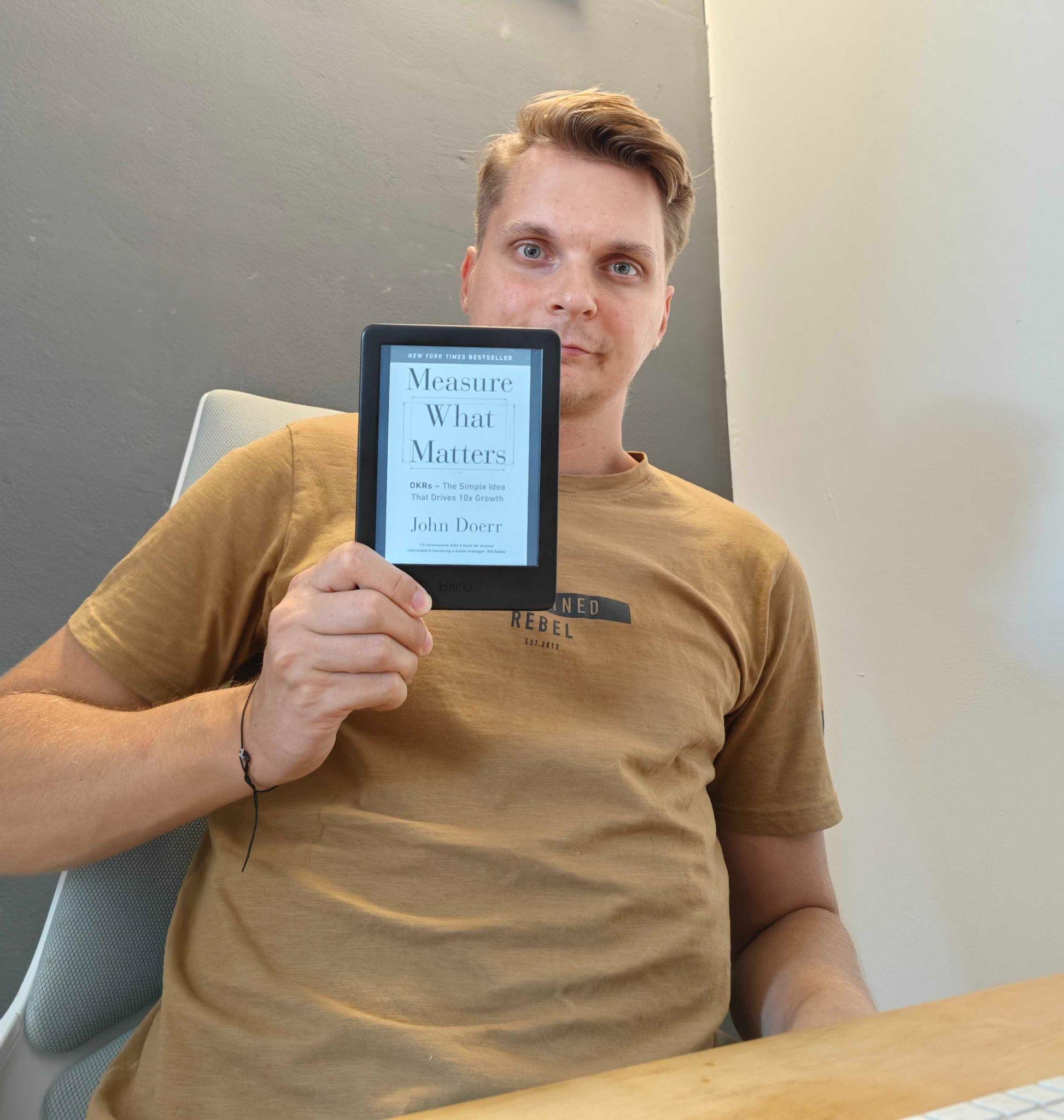
Author: John Doerr
First published: 2018
Recommended by: Erik Sarissky
Here’s why Erik recommends this book:
“I have a feeling that most self-help marketing books tend to be very theoretical and recycle the same theory. This book contains good case studies, provides clarity, and shows how to set effective OKRs without BS.”
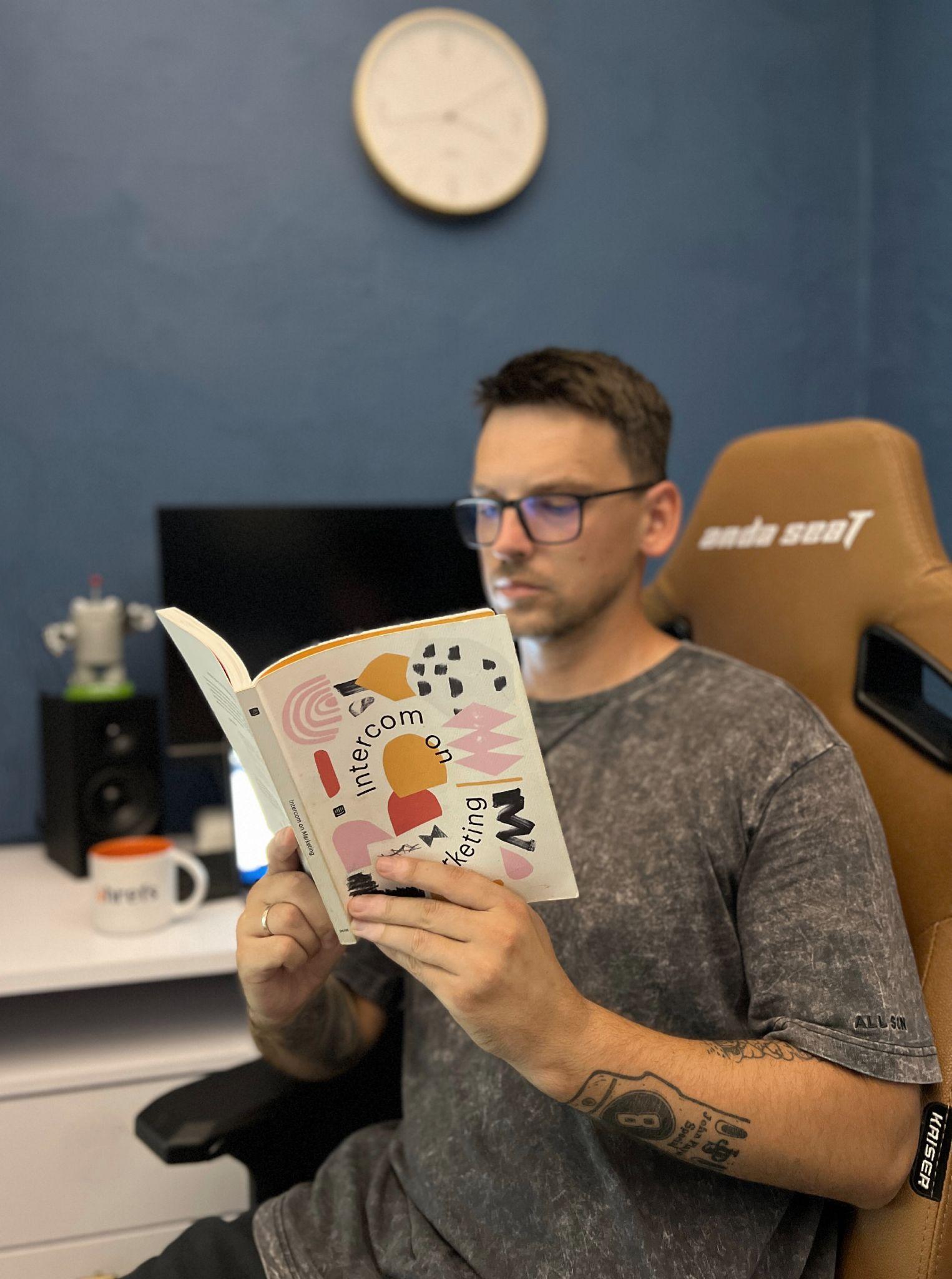
Author: Des Traynor, John Collins
First published: 2018
Recommended by: Igor Gorbenko
Here’s why Igor recommends this book:
“I respect Intercom as a company. They make great products and are 100% worth learning from. This book is basically their marketing playbook that anyone can take and adapt to their business. It was an easy read, well-paced, and supported by visuals where necessary. Great way to introduce tech founders to marketing processes.”
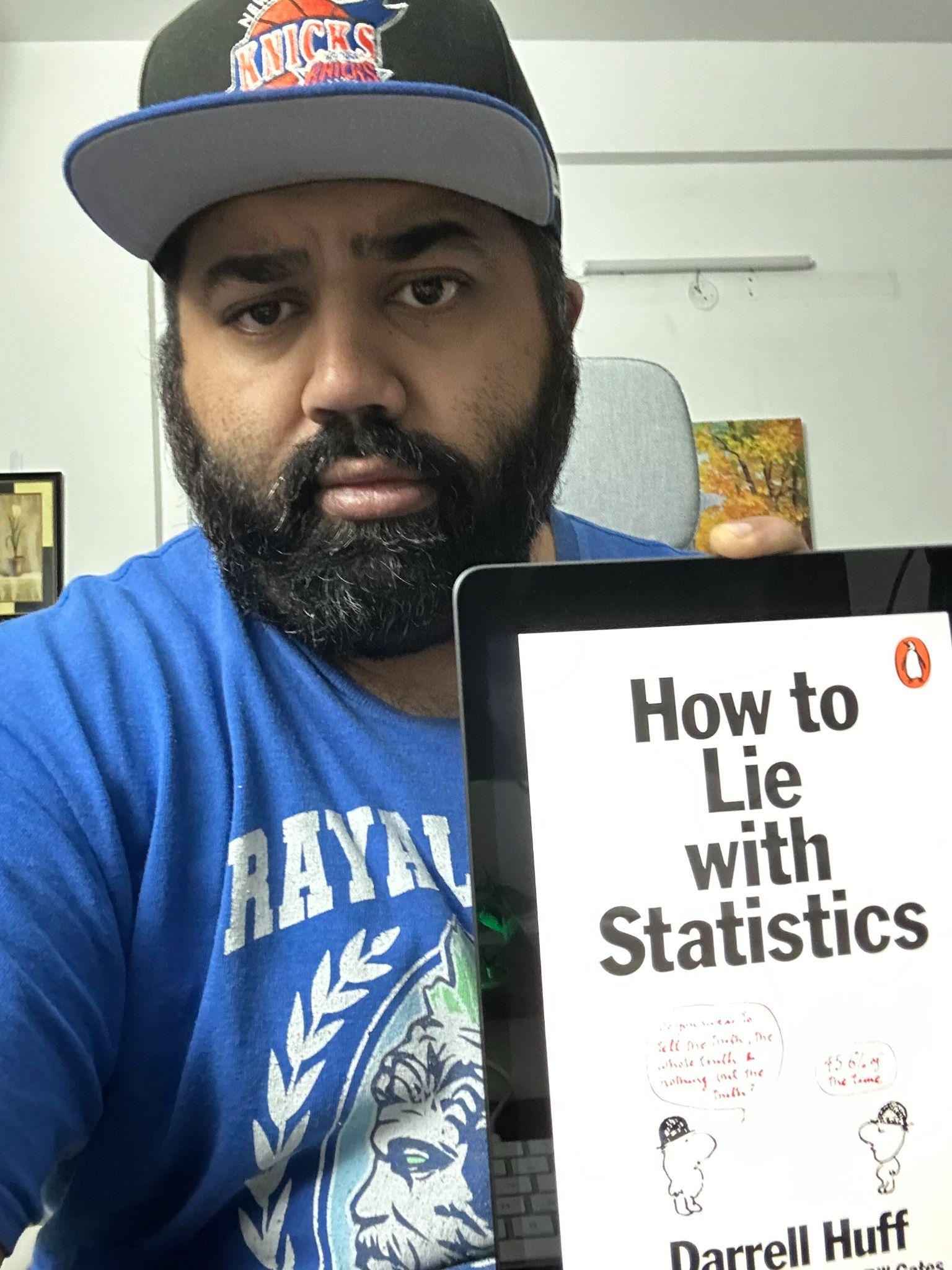
Author: Darrell Huff
First published: 1954
Recommended by: Ashwin Balakrishnan
Here’s why Ashwin recommends this book:
“Our world is one where data is everywhere but data literacy is in short supply. I call it the twofold curse of the modern marketer. We’ve become so reliant on data to inform our opinions and decisions that we trust numbers at face value. We’ve forgotten what it actually means to “trust your gut” in marketing.
Huff’s book explains how data and data visualization can be used to misrepresent facts or support a predetermined argument, shows you what that looks like so you can “trust your gut” when you recognize it in the wild, and tells you how to go about using data with more honesty.
One might say it’s more relevant today than when it was first published in the 1950s.
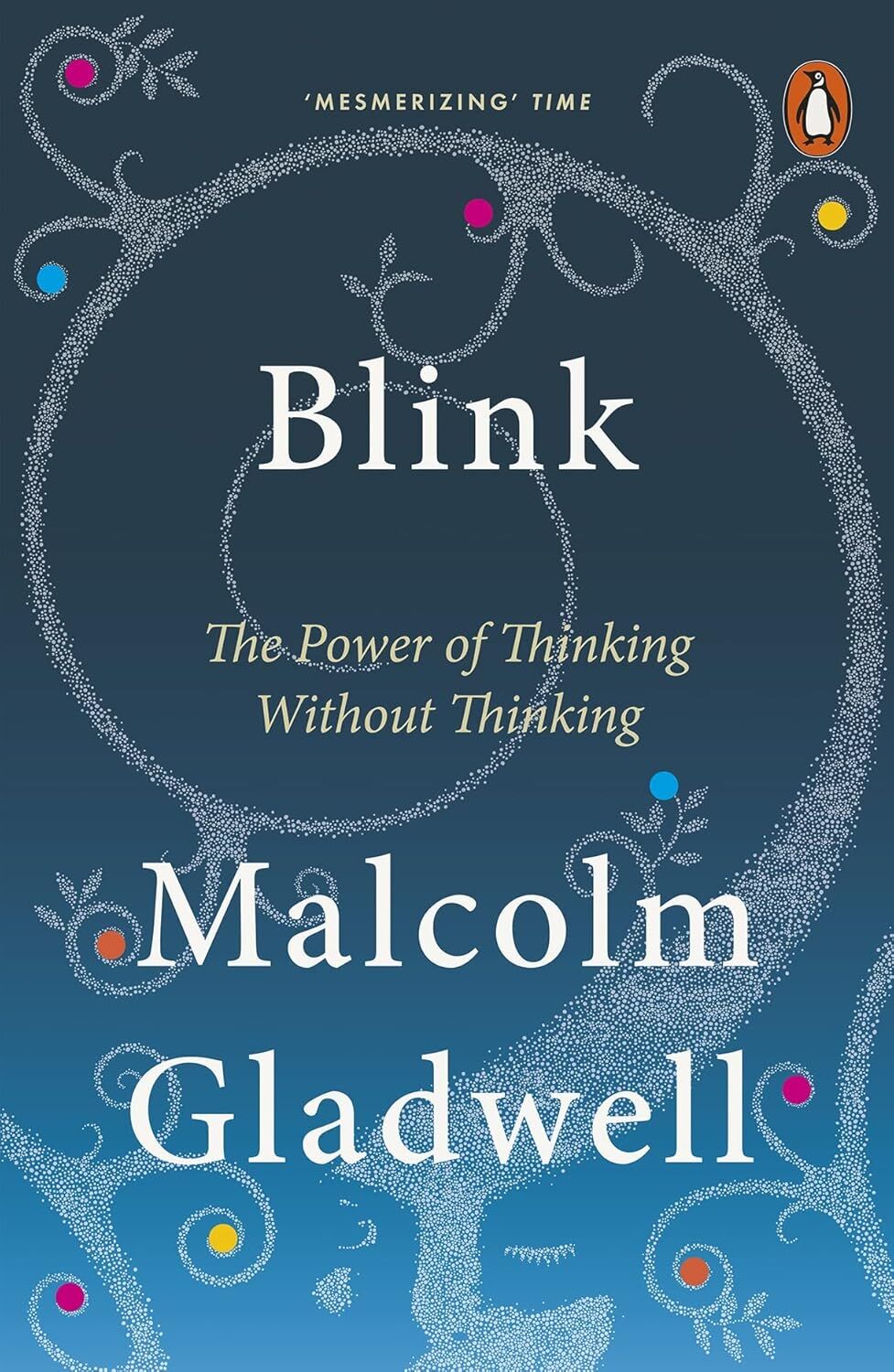
Author: Malcolm Gladwell
First published: 2005
Recommended by: Louise Linehan
Here’s why Louise recommends this book:
“Blink made me think a lot more about the psychology of the audiences I create content for, but also about the ways in which I interpret my own audience. The main concept that stood out was “thin-slicing”, or the idea that often, decisions made quickly can be just as accurate as those made methodically and deliberately.
I thought about that specifically in relation to attribution, since I would spend a lot of time and effort trying to piece together the impact of my content throughout the customer’s journey. It was probably the first time I had an “anti-attribution” thought, i.e. my existing knowledge and intuition could have allowed me to draw the same conclusions in half the time.
I also practice “thin-slicing” when I come to write about a new topic. I often find my clearest thoughts and best ideas come at the very beginning, before I get too into the “weeds” of researching and writing. I’ve learned to pay attention to those initial instincts and make sure I take notes. They’re always super useful to come back to when I’ve got ‘too close to the problem.’”
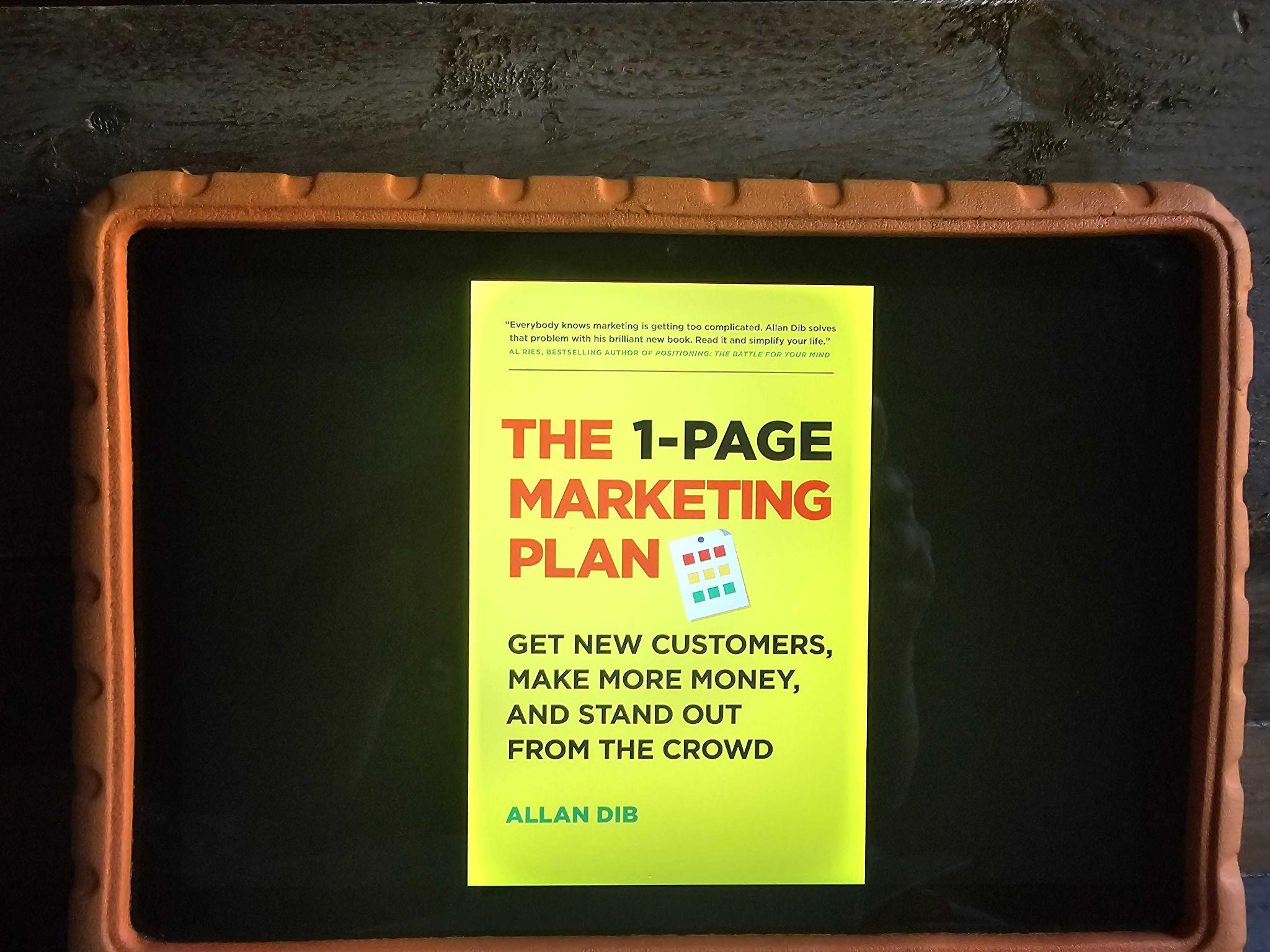
Author: Allan Dib
First published: 2016
Recommended by: Michelle Lindner
Here’s why Michelle recommends this book:
“I recommend this book to anyone in business. It’s probably too basic for advanced marketers, but it’s always good to revisit the fundamentals that don’t change. Despite the title, it’s not full of the gimmicky bullshit and “innovative” terms that don’t actually mean anything.”

Author: Seth Godin
First published: 2003
Recommended by: Elysa Han
Here’s why Elysa recommends this book:
“Clear and practical content, which naturally makes me pause, think, and reflect. In this regard, it helps me grasp his concepts and messages a whole lot better.
Case studies are really helpful to put things into perspective, so it’s worth pointing out that Godin included a number of these. In a nutshell, he emphasizes for marketers (or even humans in general) to never be stagnant. Stay curious, adaptable, and when there are things to be done, ideas to be executed, just do it.
This is really a mindset thing for me that will probably stay relevant, and serve as a reminder for a long time to come.”
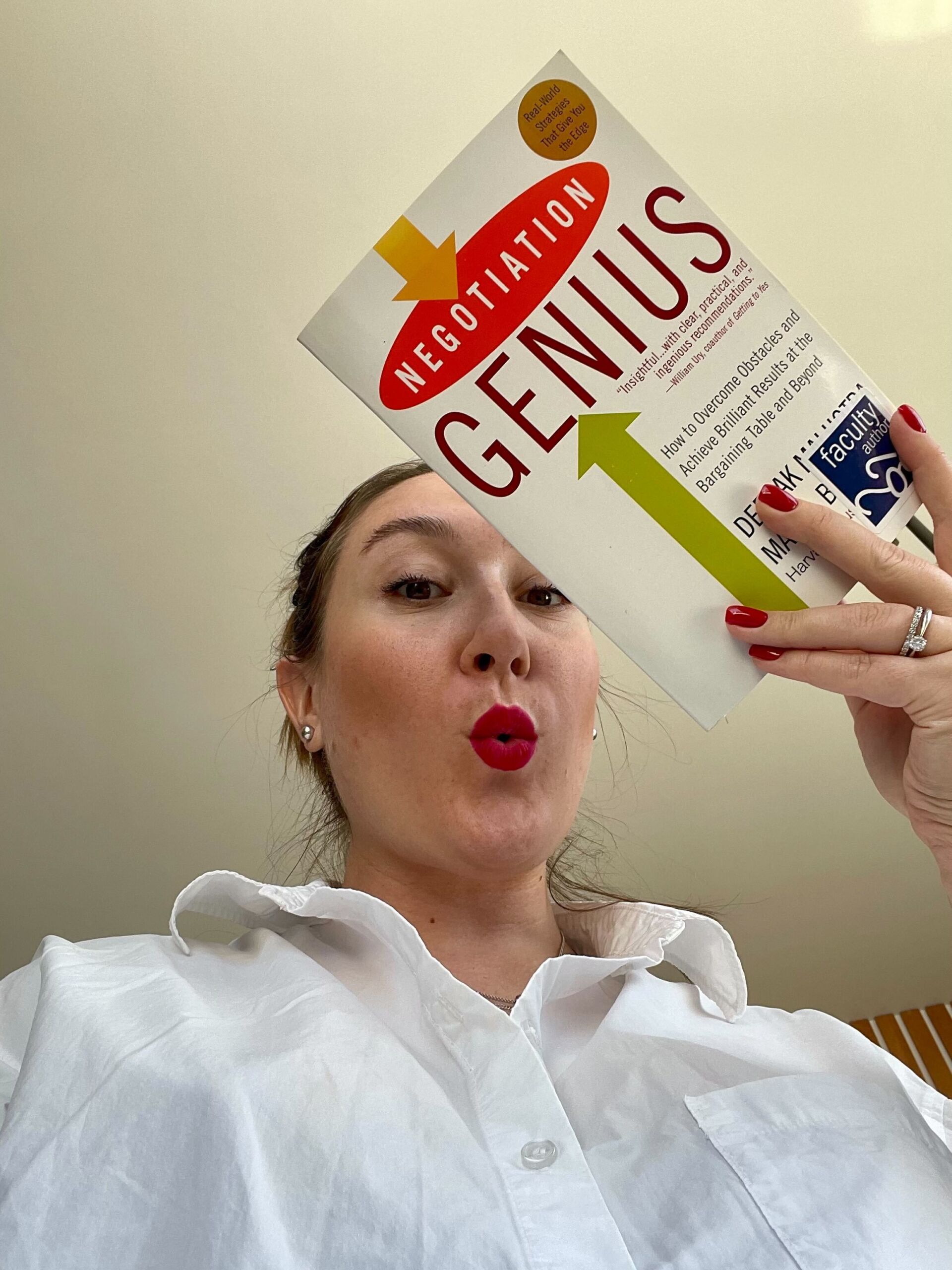
Author: Deepak Malhotra, Max Bazerman
First published: 2007
Recommended by: Daria Samokish
Here’s why Daria recommends this book:
“This book is for people who love learning through stories and real-life examples. With this book, you can figure out the basics of negotiation through the smart moves of people who have made decisions in real-world negotiations.
It was personally amazing to learn how people turned hopeless situations into benefits, navigated crises by finding an unobvious common ground, or managed good deals with people playing hardball. On top of amusement, it adds insights into your own psychological biases and perceptions of other people to help you build a mindset for negotiations as a tool for everyday life, not only for business. After reading it, I secured my first deal that saved me the third part of the budget.”
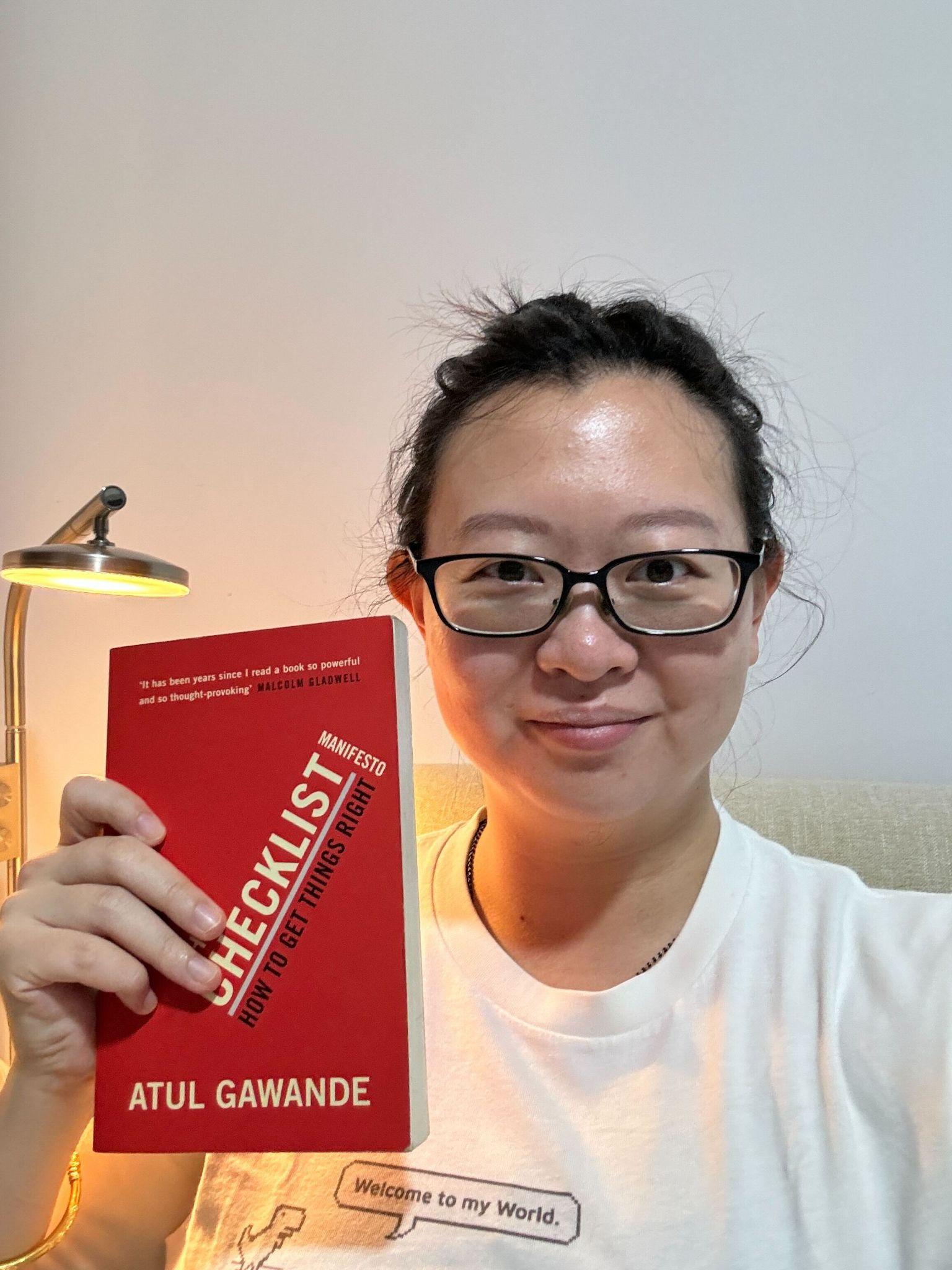
Author: Atul Gawande
First published: 2009
Recommended by: Constance Tan
Here’s why Constance recommends this book:
“I’m a huge fan of this book as it was instrumental in helping me focus on tasks that actually make an impact, and putting in a process that consistently brings results as a team.”
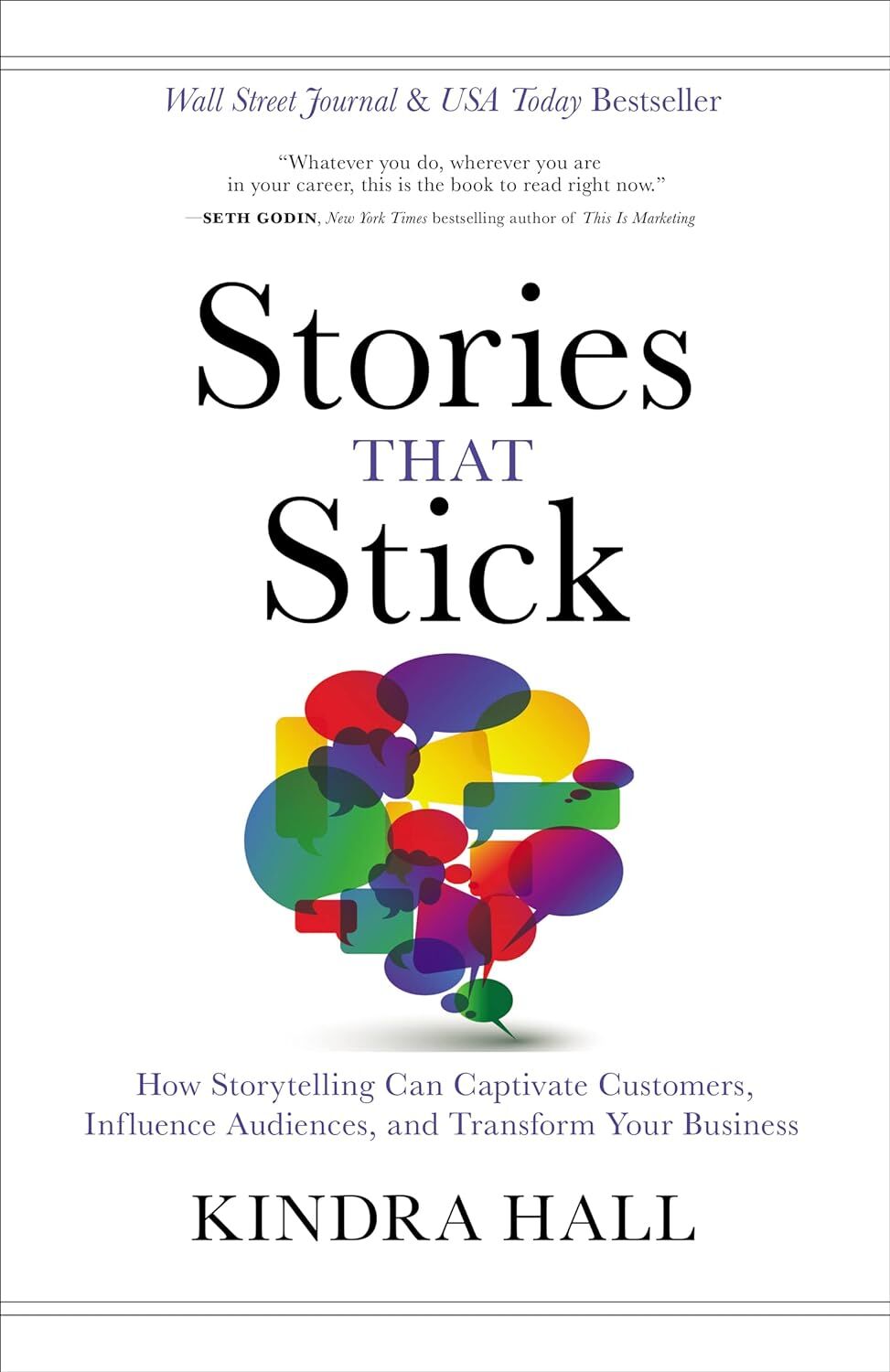
Author: Kindra Hall
First published: 2019
Recommended by: Sam Oh
Here’s why Sam recommends this book:
“This book gave me a starting point to kickstart how to go about learning about storytelling. But if I’m being 100% honest, I feel I learned most in the past year by just trying and doing things.”
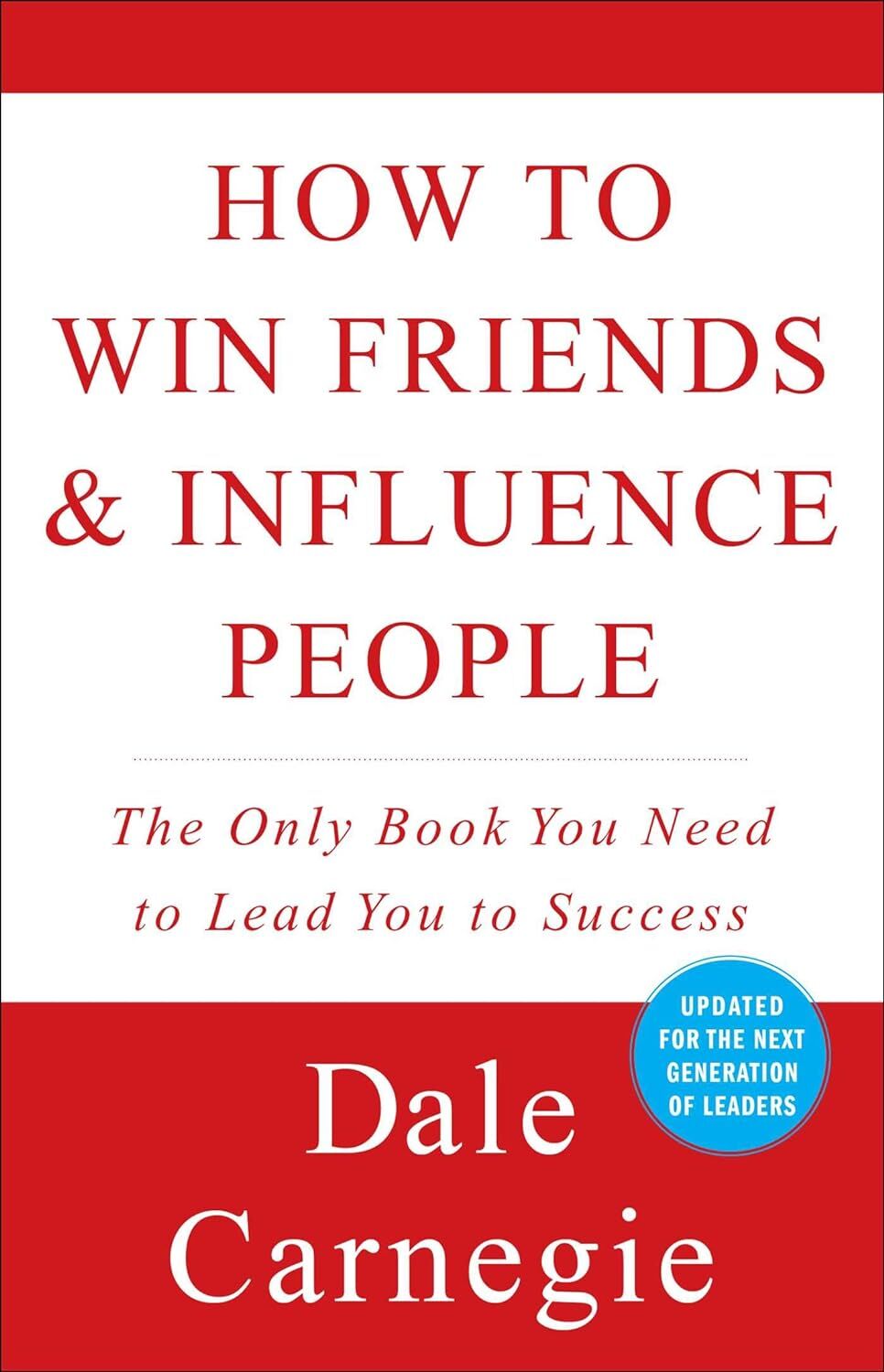
Author: Dale Carnegie
First published: 2019
Recommended by: Patrick Stox
Here’s why Patrick recommends this book:
“Marketing is just another form of sales. Building relationships help with sales and getting buy-in for marketing ideas.”
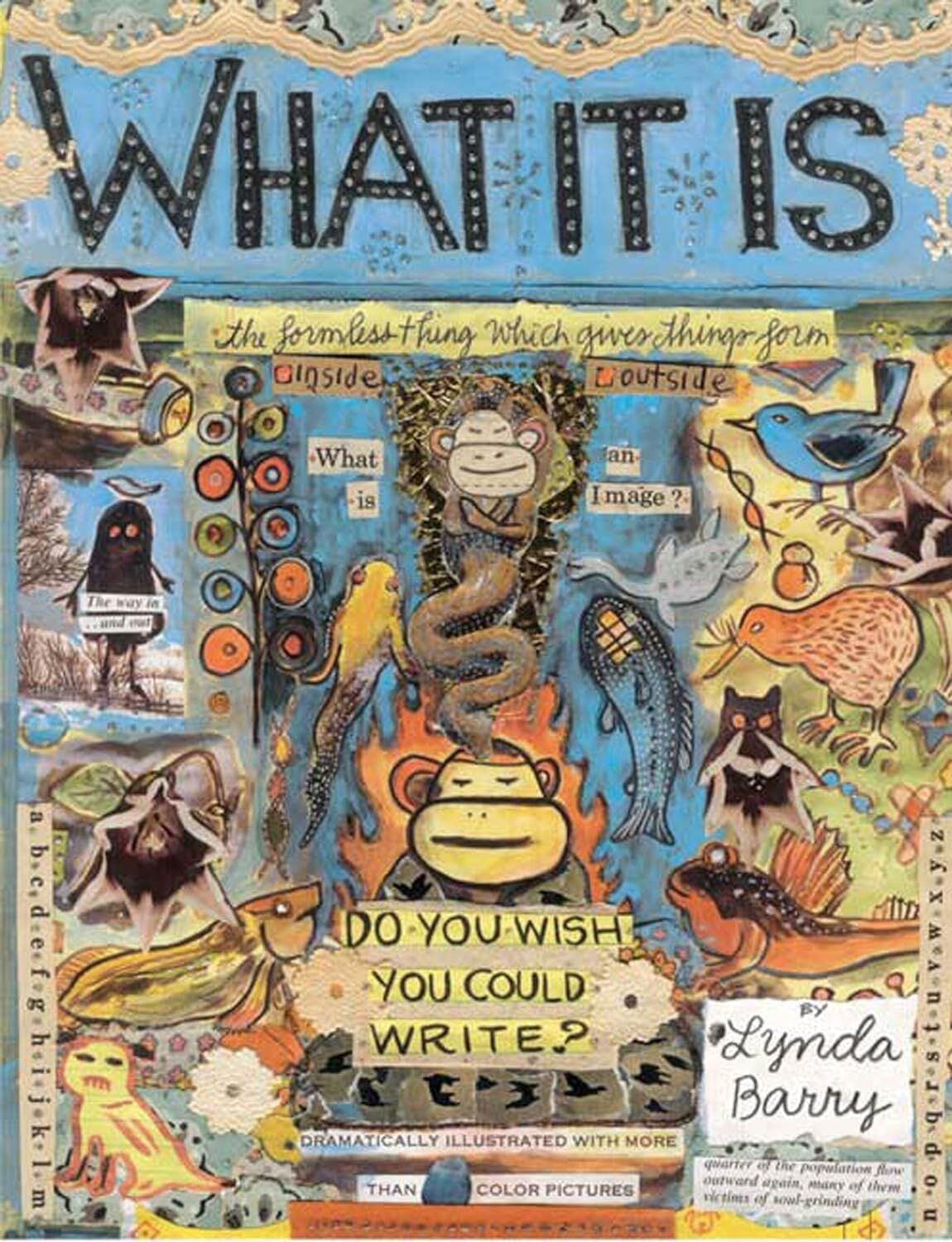
Author: Lynda Barry
First published: 2008
Recommended by: Rebekah Bek
Here’s why Rebekah recommends this book:
“I’d peg this book as more of a … writing/creative prompt or guide? I like it exactly because it defies definition while helping me to stop self-censoring and pay attention to and channel my inner thoughts. It reminds me that creative things can speak to the heart and that you should find the story already inside of you to tell.”
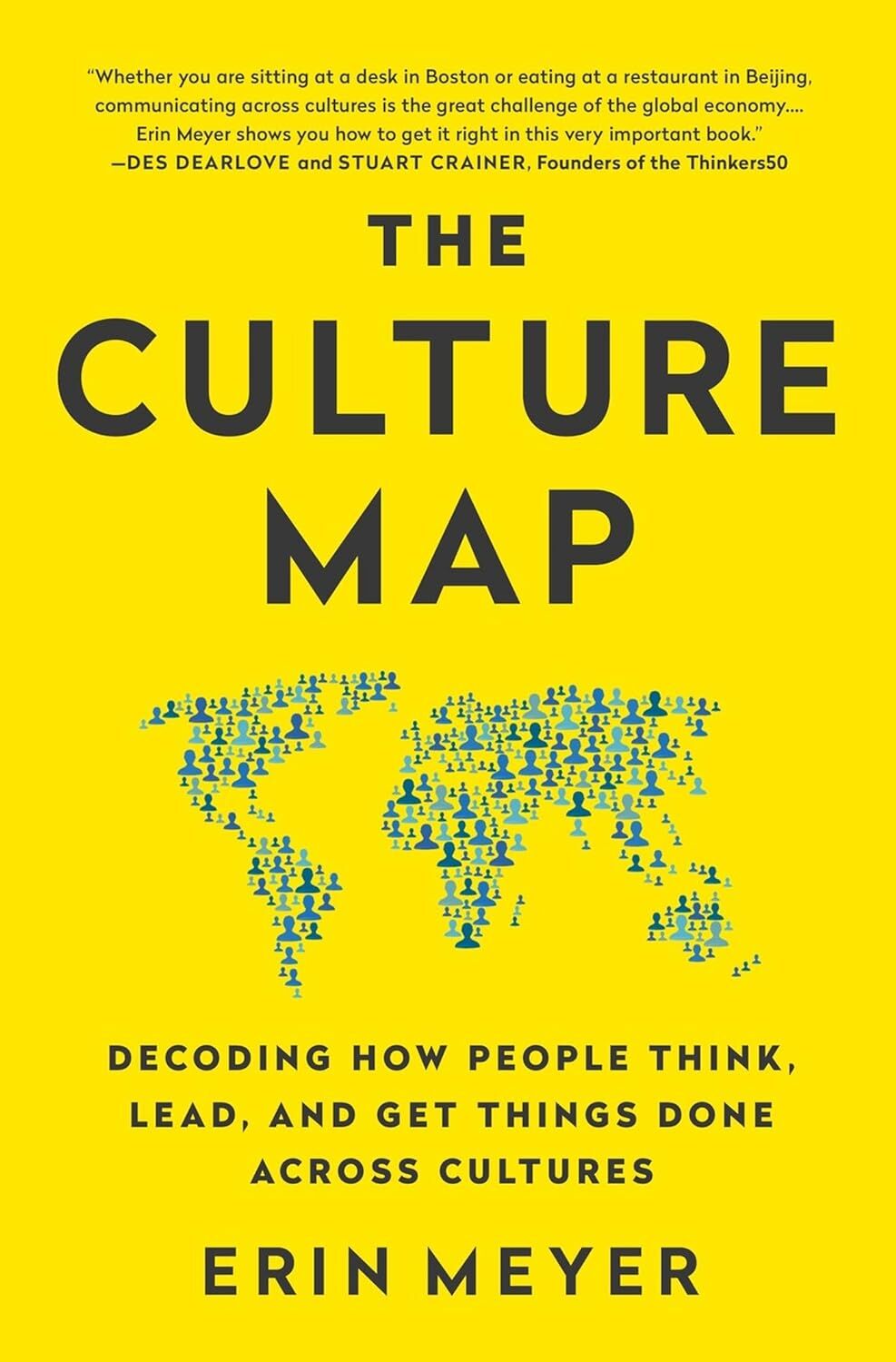
Author: Erin Meyer
First published: 2008
Recommended by: Lin Gwee
Here’s why Lin Gwee recommends this book:
“Really helps marketers in thinking about cultural nuances and crafting messaging/campaigns that resonate, especially for regional marketers!”

Author: Donald Miller
First published: 2017
Recommended by: Amy Kim
Here’s why Amy recommend this book:
“With the cookie-less era, a branded website is more important than ever. Creating inbound traffic will be important, but the more crucial thing is to hold and grab the customer’s attention on your webpage. This book was very helpful in showing me how to make an impactful storyline for any website.”
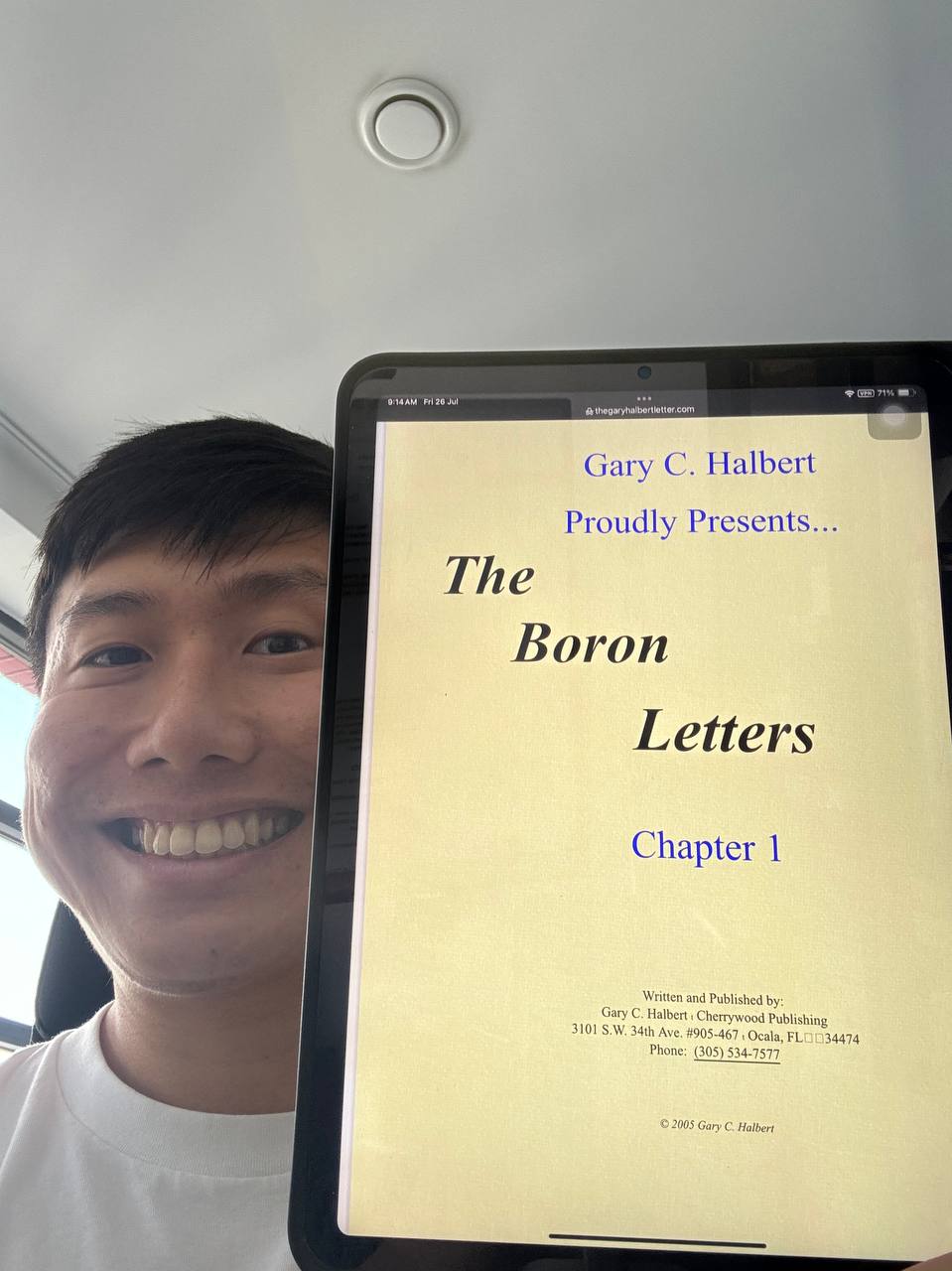
Author: Gary Halbert
First published: 2013
Recommended by: Me!
Here’s why I recommend this book:
“Copywriting, or writing itself, is a fundamental skill of digital marketing. It underlies everything, from ad copy to content, from video scripts to social media. I was lucky enough to chance upon this book when I wanted to learn copywriting.
This book isn’t really a book, but a series of letters from the well-regarded copywriter Gary Halbert to his son Bond Halbert. But within it lies all the copywriting lessons, tips, and strategies you need. In fact, one of the major lessons I remember—and it’s still a much-recommended tip today by other famous copywriters, including Sam Parr of The Hustle—was to handcopy famous ads and sales letters. Which I took to heart: I copied by hand every single issue of the Boron Letters. I personally think the one or two months I took to do this skyrocketed my writing skills like no other method.”
Final thoughts
Rory Sutherland, Vice Chairman at Ogilvy Group, once tweeted:
Jeremy Bullmore: “The best books to read on advertising aren’t about advertising.”
— Rory Sutherland (@rorysutherland) July 15, 2020
You can see it’s true—most of the recommended books here are barely about marketing. Instead, they’re about something else—business, productivity, storytelling, psychology, and statistics.
If you broaden your perspective, you might find some cool ideas from elsewhere you can apply too.
Did I miss any books? Let me know on X or LinkedIn.
Content Copyrights Belong to The Author. All Rights Reserved.
We're A Dallas Digital Marketing Agency That is Experts At Social Media Marketing, Website Design and Emarketing and Promotion.





























